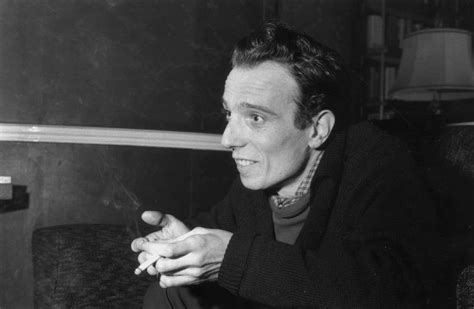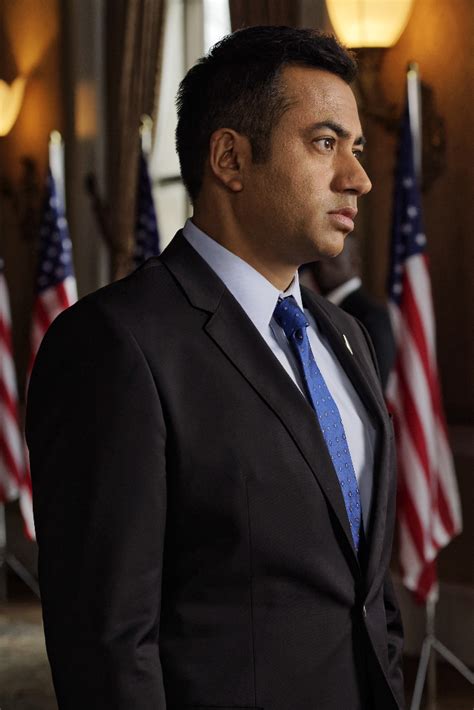A Quote by Christopher Logue
Poetry is not a silent art. The poem must perform, unaided, in its reader's head. Educated readers give themselves a good performance. Educated listeners compare performance with text and with other performances. Good poets use the full resources of language.
Related Quotes
Reading is performance. The reader--the child under the blanket with a flashlight, the woman at the kitchen table, the man at the library desk--performs the work. The performance is silent. The readers hear the sounds of the words and the beat of the sentences only in their inner ear. Silent drummers on noiseless drums. An amazing performance in an amazing theater.
I hope any poem I've ever written could stand on its own and not need to be a part of biography, critical theory or cultural studies. I don't want to give a poetry reading and have to provide the story behind the poem in order for it to make sense to an audience. I certainly don't want the poem to require a critical intermediary - a "spokescritic." I want my poems to be independently meaningful moments of power for a good reader. And that's the expectation I initially bring to other poets' writing.
Questions like, "Is my suit OK?", or "Is my job performance satisfactory?", are impossible to think about in the absence of a suitable frame of reference. For an interview suit to serve its purpose, it must make you look good relative to other candidates for the job you want. For your job performance to be satisfactory, it must compare favorably with the performance of others who want the same promotion you do. As Charles Darwin saw clearly, much of life is graded on the curve, and conventional economic models completely ignore that fact.
There is all this stuff about how sensitive poets are and how in touch with feelings, etc. they are, but really all we care about is language. At least in the initial stages of the process of writing the poem, though later other things start to come in, and a really good poem usually needs something more than just an interest in the material of language to mean anything to a reader.
It's really up to the acting community to be willing to be educated about what performance capture is in order to fully appreciate it as acting. It's not a type of acting, but rather the use of technology to harness an actor's performance and translate it into an ape, another animal, or an avatar of some kind.
I don't need any crutches in order to concentrate. As a child I learned that you must be ready because I'd be yelled at more than other people and it would always be my fault. I learned that to be professional is your number-one priority. The art comes second. You learn that, in order to give your best performance, you have to be a good technician, which means never allowing negative influences affect your performance.
RHETORIC The art of making life less believable; the calculated use of language, not to alarm but to do full harm to our busy minds and properly dispose our listeners to a pain they have never dreamed of. The context of what can be known establishes that love and indifference are forms of language, but the wise addition of punctuation allows us to believe that there are other harms - the dash gives the reader the clear signal they are coming.
As an actress, vanity is your enemy. If you're thinking about how you look, you're not going to give a good performance. Once I realized, 'Hmm, I guess I'm not that vain,' it's like something I wanted to protect. I can't imagine anyone could give the full dynamic performance they're capable of and still be vain.
Truly fine poetry must be read aloud. A good poem does not allow itself to be read in a low voice or silently. If we can read it silently, it is not a valid poem: a poem demands pronunciation. Poetry always remembers that it was an oral art before it was a written art. It remembers that it was first song.
For centuries poets, some poets, have tried to give a voice to the animals, and readers, some readers, have felt empathy and sorrow. If animals did have voices, and they could speak with the tongues of angels-at the very least with the tongues of angels-they would be unable to save themselves from us. What good would language do? Their mysterious otherness has not saved them, nor have their beautiful songs and coats and skins and shells and eyes.
And treating poetry as a performing art emphasizes its ephemerality. A printed poem can be endlessly reprinted, photocopied, scanned, uploaded, cut and pasted - but a performance, even if somebody's there with a video camera, is one time only: the audience experiences something that won't exist when the performance is over, and which won't ever be reproduced in exactly the same form. I find that appealing.
I should think that many of our poets, the honest ones, will confess to having no manifesto. It is a painful confession but the art of poetry carries its own powers without having to break them down into critical listings. I do not mean that poetry should be raffish and irresponsible clown tossing off words into the void. But the very feeling of a good poem carries its own reason for being... Art is its own excuse, and it’s either Art or it’s something else. It’s either a poem or a piece of cheese.






































